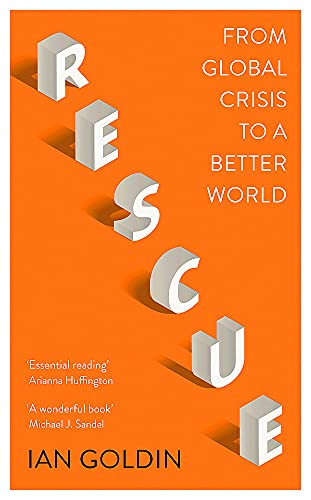What do you think?
Rate this book


321 pages, Hardcover
Published May 1, 2021
"One of those who felt fortunate to find a job was Mariel Sander, who graduated from Columbia University, New York, without enjoying the celebratory rites of passage, as the pandemic reached its peak in May 2020. The only job she could find was as a temporary morgue worker, helping carry dead bodies off hospital beds into refrigerated trailers."